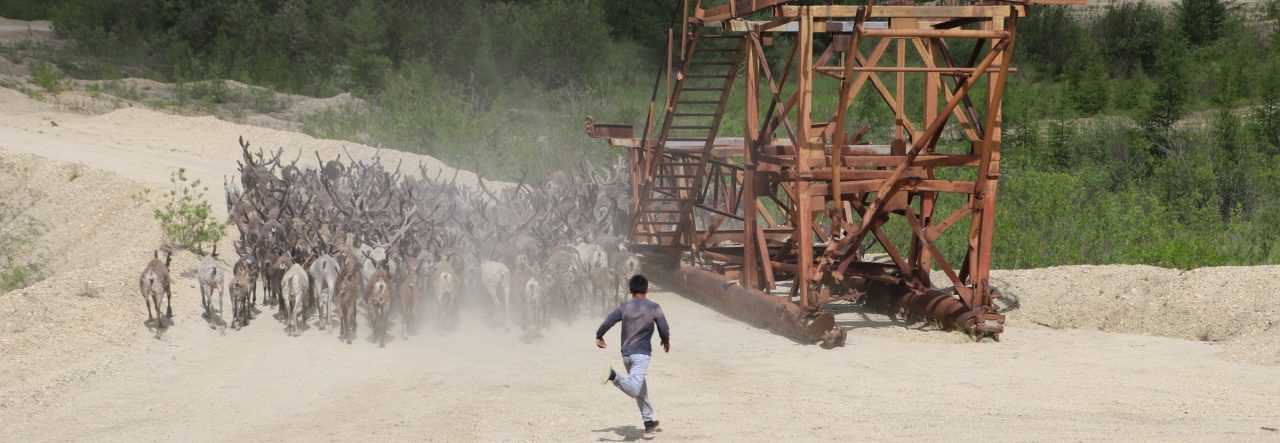Our colleagues in Estonia will host a really interesting workshop this year – focusing on the role of gatekeepers. I think they are very right that these people are so important for any anthropologist (not only in the Arctic), but we know very little about them, yet we all have our own very diverse experiences with them. This workshop will be a great opportunity to discuss this underrepresented topic.
I just wonder, if the workshop organisers also could have thought to specifically invite scholars TOGETHER with “their” gatekeepers to this workshop? I remember that at the ICASS in Fairbanks one workshop did that, and I brought two friends from Yamal (Mikhail Okotetto and Alexandr Yuzhakov). And David Koester was there with his great gatekeeping friend from Kamtchatka (and many others whom my bad memory 11 years ago remembers less well). And there they called this “research partnerships” rather than gatekeeping. I wonder if that term sounds more equal and respectful to both sides than gatekeeper? I’m happy to discuss some of this already here on the blog, maybe as an anticipation to get somebody going for the workshop in Tartu?
Here is the call for papers:
Arctic Workshop of Tartu University: Gatekeepers
3rd-4th of June 2016
It is well known that ethnographic fieldwork and participant observation are central to anthropological research. In practice, this means that the scholar lives in a particular community, participates, makes observations, and documents their findings. Therefore, the published research is usually associated with the scholar and their ability to collect data and analyse it objectively. In reality, the success or failure of the fieldwork often depends on a great number of people, who consult, help, support, or translate for the scholar. It is not unique to the Arctic, but extremely important for the Arctic, that a foreign (and even domestic) scholar has these people who usually receive their acknowledgement in a modest footnote of the publication. Notwithstanding the modest presence of such helpers in academic publications, their role in shaping the fieldwork is often impossible to underestimate. Local scholars, friends, or even relatives, are essential for the success of a research in the Russian Arctic, and probably in other Arctic countries as well. They help to organise transport, prepare the necessary documentation, find key informants, or advise what supplies one needs to take on a trip. Moreover, it is not unusual for students researching for their PhD thesis in another country, to be in a situation where they have to rely on local experts.
In anthropological vocabulary, such local helpers are usually called ‘gatekeepers’, and this year we would like to discuss in the Arctic Workshop the role of the gatekeepers in academic research. We ask participants to consider and conceptualise various aspects of the phenomenon called the ‘gatekeeper’. How much do/can gatekeepers shape the content of a research? What is your experience, why are gatekeepers essential, and where can their role be negative? How altruistic are gatekeepers? What are the motives of gatekeepers to engage with foreign scholars; apart from money?
The Arctic Workshop of Tartu University is an annual academic event where the results and methods of Arctic research are discussed in an informal and intimate setting. Therefore, the organisers of the workshop also welcome PhD-students who want to discuss their ideas prior to their fieldwork, or who are at the beginning of their careers.
Please send an abstract of 300 words carrying the title of the presentation, the name and affiliation of the presenter, by 20th of February 2016 to Aimar Ventsel, Aimar.Ventsel(at)ut.ee.

To be provocative: I consider the term gatekeeper more honest, as it points to the fact, that there are key figures in the fields we do research in that can open, but can also close doors. If we discuss only friendship, partnership, collaboration and participation, we ignore the power relations we are embedded in during our fieldwork. Recently a friend anthropologist lamented about the growing power of these key figures, who can not only let us starve, close doors and keep us from using infrastructure in the field, but gain growing influence on the way we publish, the ethics or our work in preparation of research before and producing results after fieldwork. Our colleague considered the academic autonomy fundamentally threatened by the demand of censorship of our analysis by these gatekeepers. They are not only controlling the gates into the field but also the gates through which our knowledge passes out to the wider society. To make it even worse, these key figures are increasingly bureaucrats, state officials, and politicians with their own agendas and interests that are congruent only on a declarative level with that of ordinary people. I hope very much that soon there will be a discussion in the Russian journal ‘Forum for Anthropology and Culture’ and I hopefully will have the chance to give a paper touching these issues with Lukas Allemann at the Oral History Society Conference: Beyond Text in the Digital Age? Oral History, Images and the Written Word, University of Roehampton, London, 8th July to 9th July 2016. And of course I am looking forward to a fruitful discussions in Tartu!